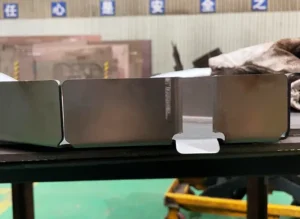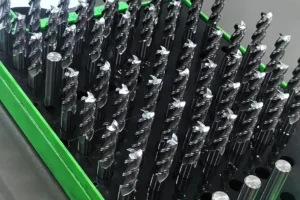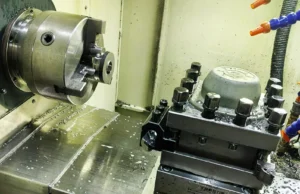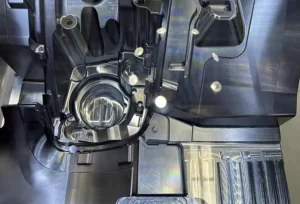
Can a CNC machine cut resin for prototyping and custom parts?
Can a CNC Machine Cut Resin for Prototyping and Custom Parts?
When it comes to manufacturing complex parts and prototypes, CNC machining has revolutionized the industry with its precision and efficiency.
However, when working with materials such as resin, many engineers wonder if CNC machines are up to the task.
The Basics of CNC Machining
CNC machining, or computer numerical control machining, is a process that uses computerized controls to automate machine tools.
This allows for precise and efficient cutting of materials such as metal, plastic, wood, and yes, resin.
By using CAD/CAM software, engineers can create detailed designs that are then translated into code to guide the CNC machine in cutting the material to exact specifications.
Resin as a Material for Prototyping and Custom Parts
Resin is a popular choice for prototyping and custom parts due to its versatility and ease of use.
It can be molded and cast into intricate shapes, making it an ideal material for creating prototypes and custom parts with complex designs.
Additionally, resin is lightweight, durable, and can be finished to achieve a high-gloss surface, making it a sought-after material in various industries.
Benefits of Using a CNC Machine to Cut Resin
There are several benefits to using a CNC machine to cut resin for prototyping and custom parts. One of the main advantages is the precision and accuracy that CNC machining offers.
Engineers can create intricate designs with tight tolerances that would be difficult to achieve manually.
CNC machines can also produce multiple identical parts with consistent quality, reducing the margin of error and increasing efficiency.
Another benefit of using a CNC machine to cut resin is the versatility it offers in terms of design.
Engineers can create complex shapes and features that would be challenging to achieve using traditional machining methods.
With the ability to program the CNC machine to follow precise paths, engineers can explore creative designs and push the boundaries of what is possible with resin as a material.
Challenges of Cutting Resin with a CNC Machine
While CNC machining offers numerous advantages when working with resin, there are some challenges to be aware of.
One of the main challenges is the potential for the resin to melt or deform during cutting, especially when using high speeds or feeds.
Engineers must carefully select the cutting parameters and tooling to ensure that the resin is cut cleanly without compromising the final part.
Another challenge is the dust and debris generated during the cutting process. Resin dust can be harmful to both the machine and the operator if not properly controlled.
Engineers must take precautions to ensure that the work environment is safe and that the CNC machine is equipped with effective dust extraction systems to prevent buildup and potential hazards.
Best Practices for Cutting Resin with a CNC Machine
To ensure successful cutting of resin with a CNC machine, engineers should follow best practices to minimize the potential challenges mentioned above. Some key tips include:
- Using the right cutting tools and speeds to prevent melting or deformation of the resin.
- Implementing effective dust extraction systems to keep the work environment clean and safe.
- Performing regular maintenance on the CNC machine to ensure optimal performance and prolong its lifespan.
- Testing cutting parameters and tooling on a small sample of resin before cutting the final part to ensure quality and accuracy.
Applications of CNC Machining with Resin
The combination of CNC machining and resin opens up a world of possibilities for engineers with a manufacturing background.
From creating intricate prototypes for product development to producing custom parts for various industries, CNC machining with resin offers unparalleled flexibility and precision.
Some common applications of CNC machining with resin include:
- Rapid prototyping for design validation and testing.
- Casting of custom parts for aerospace and automotive industries.
- Production of decorative components for consumer products and electronics.
- Creation of molds and patterns for the production of composite materials.
Conclusion
In conclusion, CNC machining is a powerful tool for engineers looking to cut resin for prototyping and custom parts.
With its precision, versatility, and efficiency, CNC machines offer numerous benefits when working with resin as a material.
By following best practices and taking precautions to overcome potential challenges, engineers can leverage the capabilities of CNC machining to bring their designs to life with accuracy and quality.



